How Long Does it Take for Supplements to Work?

Related products

How Long Does it Take for Supplements to Work?
The dietary supplements provide essential nutrients like vitamins and minerals that the body needs in a minimal amount. Like food, they are absorbed from the digestive system and reach blood circulation. It is normal for someone investing in a supplement to be impatient about results. However, unlike the medications, supplements take much longer to work, and weeks or months of regular use are necessary.

To understand how long the supplements take to work, understanding some key factors that influence their metabolism is essential.
Factors influencing the efficacy of dietary supplements
These factors are the type of vitamins and minerals present in the supplement, gut microenvironment, dietary factors, the level or dosage of the minerals and vitamins in the product, the persistent use and the composition of the supplement product (it influences its bioavailability).
Type of vitamins in the supplement
Based on absorption into the blood, there are two types of vitamins.
Water soluble vitamins: This category includes B and C vitamins. These vitamins reach quickly into the bloodstream by being absorbed directly into the cells of the small intestine. However, these vitamins are removed rapidly from the body and not stored.
Fat-soluble vitamins: This category includes vitamins A, D, E and K, and these vitamins need fats for easy absorption and must be taken with a fat source like olive oil, seeds, avocados, butter, etc, for more effective absorption. From the small intestine, the fat-soluble vitamins enter the bloodstream through that lymphatic system and excess amounts are stored in fat and the liver.
So, water-soluble vitamins work faster, but they are rapidly lost from the body and need regular replenishment.
Interaction between different nutrients in a supplement
Different nutrients influence each other's absorption. The composition of a supplement is adjusted so that different nutrients work synergistically. The presence of other foods also impacts. For example, fat-soluble vitamins, i.e., A, D, E and K, need fat in the foods to absorb effectively. The water-soluble vitamins are absorbed more quickly in water.
Vitamin C aids in the absorption of nonheme iron from plant sources (Nianyi Li, MD), phytic acid in some foods, e.g., nuts, seeds, whole grains and beans, reduces the absorption of nonheme iron from plant sources, and vitamin D enhances calcium absorption.
So, it is essential to check if different components in a supplement work synergistically or antagonistically.
Gut environment
The gut bacteria influence the digestion and absorption of vitamins and minerals. They break down the nutrients and alter their structure, resulting in a bioavailability change. Some bacteria in the gut themselves synthesise vitamins like vitamin K and B12. Moreover, they influence the immune system and compete with unhealthy bacteria for these nutrients.
So, a person having a healthy balance of bacteria in the gut experiences faster results.
Dosage
The timing of noticeable benefits depends upon the dosage of vitamins and minerals in the blood. A supplement providing 100% DV (daily value) of a nutrient is more effective than a supplement with less DV. The relationship is, however, not straightforward in some situations. For example, a person having deficiency symptoms notices visible improvements with a supplement providing 70% DV of a nutrient compared to an average person taking a supplement providing 100% DV of the nutrient. So, the effects appear faster if supplements correct a vitamin deficiency than when taken for routine use.
Dietary factors
Many dietary factors positively or negatively influence vitamin absorption. For example, a diet lacking essential fats reduces the absorption of fat-soluble vitamins—foods containing higher amounts of vitamins aid in nutrient absorption and result in faster results.
Age
Age influences the ability to absorb vitamins and other nutrients from food, and this ability declines with advancing age. Some nutrients sensitive to age are calcium, vitamin D and B vitamins, particularly B12 (David Thomas, Saint Louis University Health Sciences Center, USA). That is why nutritional supplements become even more necessary in old age.
Bioavailability
Bioavailability means the proportion or percentage of nutrients that reach the blood circulation and become available to the body. A product with higher bioavailability causes rapid effects as the body absorbs and uses more. The factors influencing bioavailability are the timing of taking vitamins and forms of vitamins. For example, some vitamins are more rapidly absorbed through an empty stomach, while others, e.g., fat-soluble vitamins are best absorbed with food.
Persistence
As mentioned earlier, vitamins and minerals are different from medications. To reap maximum benefits, vitamin supplements should be used regularly. Sporadic missing is not an issue; however, if a person takes vitamins sporadically and frequently misses the regular dose, the effects take much longer to appear than otherwise expected.
How to improve the efficacy of dietary supplements
Some valuable tips to improve the efficacy of dietary supplements are;
Using the right product consistently: Choosing the right product according to the needs and creating a consistent daily routine is critical. After identifying the vitamin deficiencies, the first step is selecting the right product according to the needs. It is necessary to ensure that the product chosen has high bioavailability.
Developing a reminder routine: A reminder routine is critical to recall when to take vitamins. A helpful tip is scheduling the vitamin intake with a meal and placing the vitamin supplements at strategic locations like the kitchen counter and dining tables.
Note keeping: Keeping notes about how to take vitamins, like with an empty stomach, with water or a meal, is essential.
Consultation: Before choosing a supplement, it is necessary to consult with a nutritionist or doctor for better-personalised choices.
Before choosing a product, testing for vitamin and mineral deficiencies is necessary. Welzo offers test kits for the deficiency of crucial vitamins and minerals. Click here to know more.
People Also Ask
How do you know if a supplement is working?
Besides improvement in the signs of vitamin deficiency, blood work is the best option as it allows the monitoring of levels of minerals and vitamins in the body.
What happens after taking a vitamin supplement?
Vitamin supplements offer many health benefits. They boost overall health through stronger immunity, better sleep equality, healthy skin, and making a person feel less worn out and better energised.
Do vitamin supplements create a big difference?
Vitamin supplements do work. However, remember that vitamins are not used to diagnose or treat a health condition. It is illegal for the manufacturing companies to make such a claim.
Is taking a vitamin supplement every day ok?
Yes, there is no issue with taking it daily. The unnecessary vitamins are excreted through the urine, but the risk of harm to the health is very low.
What is the best time to take a vitamin supplement?
There is no specific 'best' time. Anytime is a good way to take vitamins, provided that the desired medium (food or water or with an empty stomach) is available. A tip to customise the body is to take the supplement simultaneously daily.
Are there any disadvantages of vitamin supplements?
Dietary supplements are artificial products and are no substitutes for healthy nutrition. Sometimes, they hinder the availability of other nutrients. Likewise, some side effects of excessive use of higher doses of vitamins are dizziness, confusion, dehydration, liver damage, headache and nausea.
Bottom-line
There is no strict timetable for dietary supplements to work. A supplement well suited to the body's needs, formulated with ingredients that work synergistically, taken as recommended, and persistently works faster.

Various vitamin and mineral supplements tailored to individual needs are available at Welzo. Click here to view the product and seek professional help.








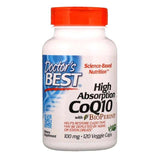

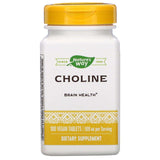




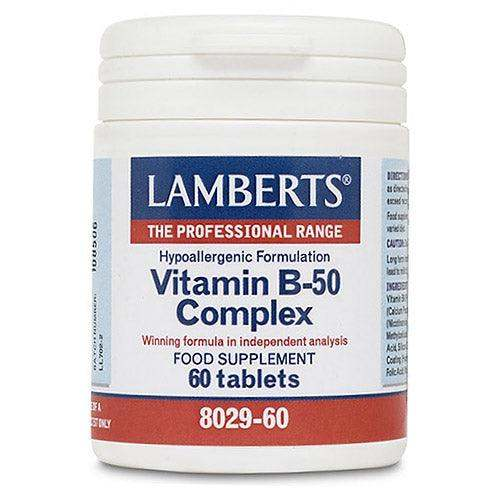


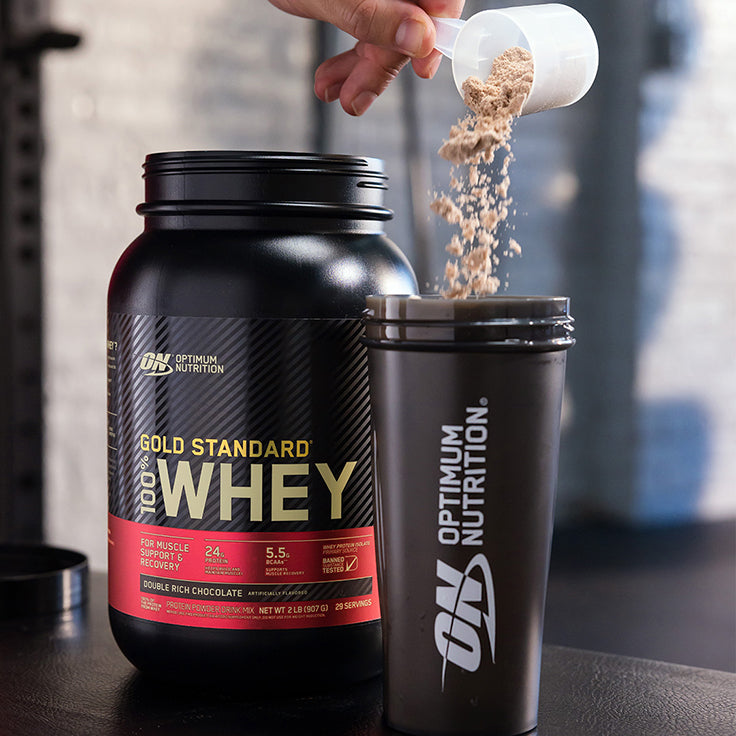
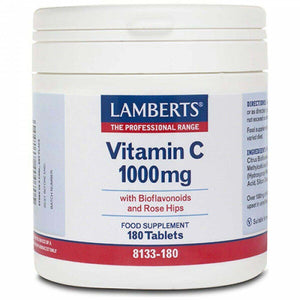




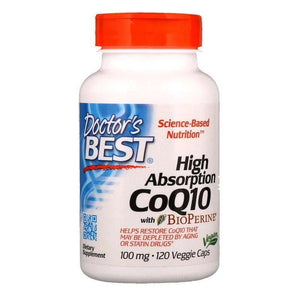
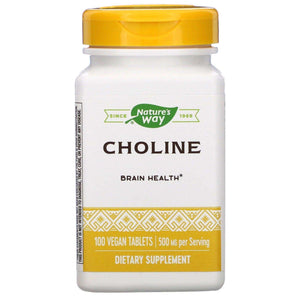













 Rated Excellent by 26,523+ Reviews
Rated Excellent by 26,523+ Reviews